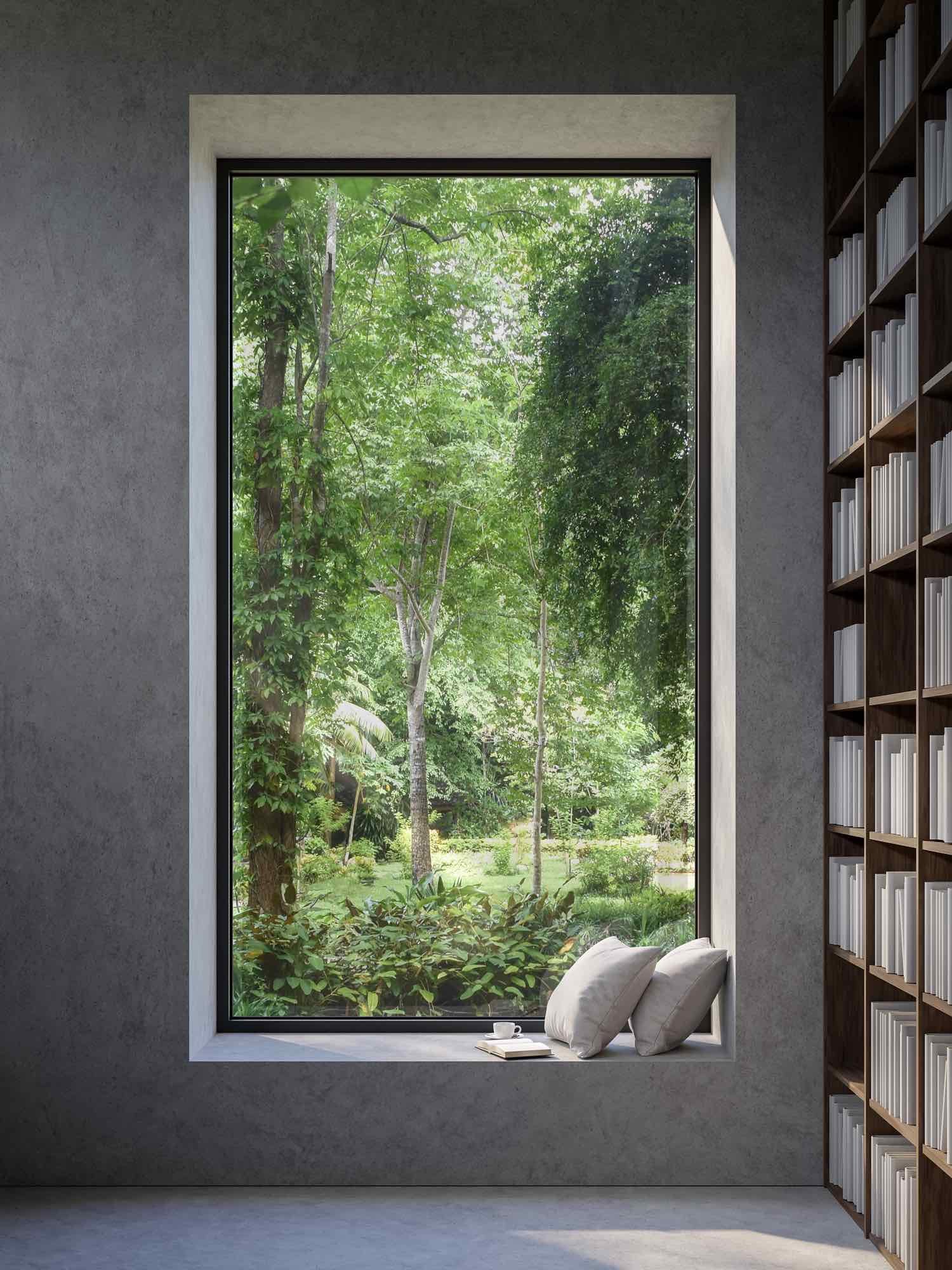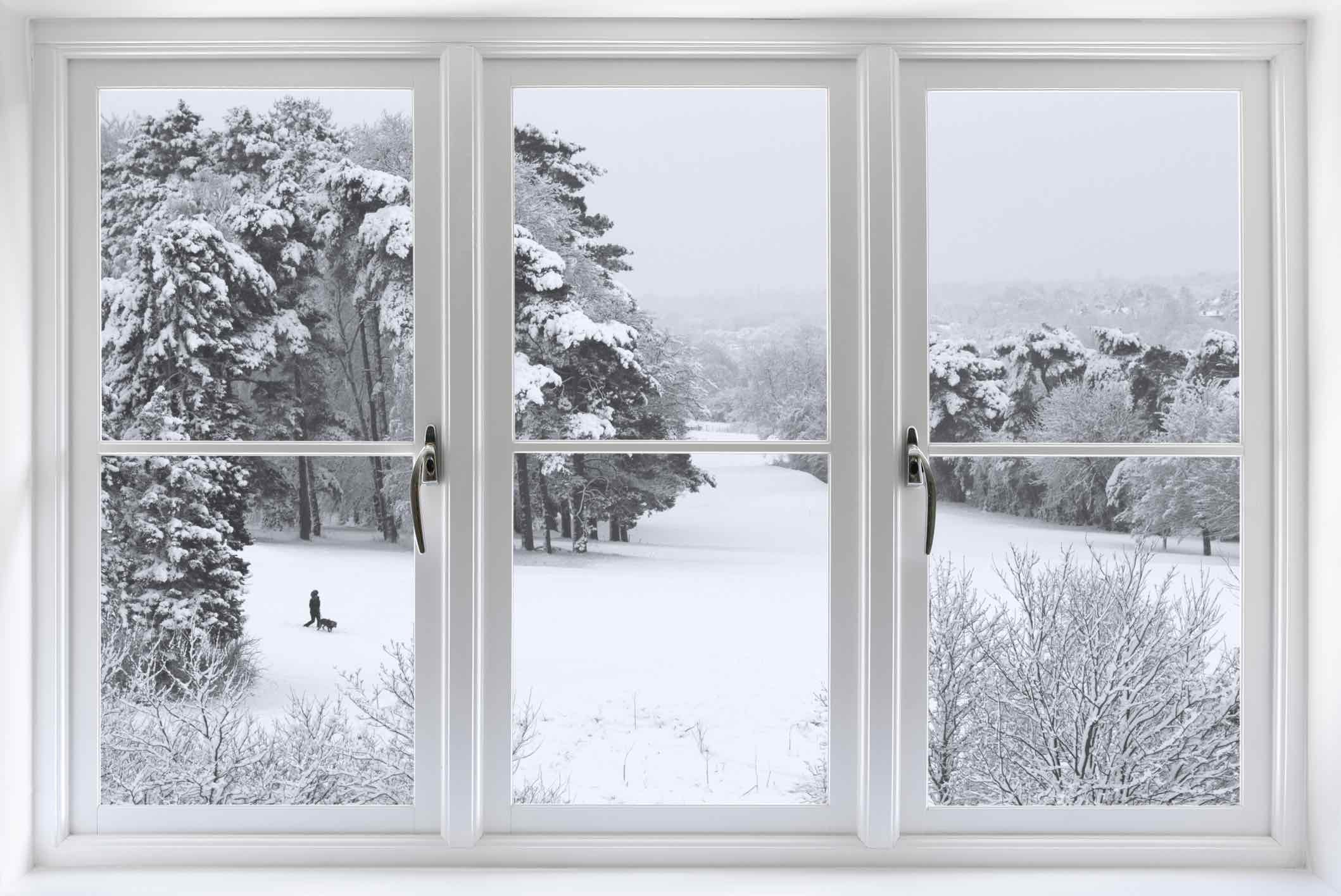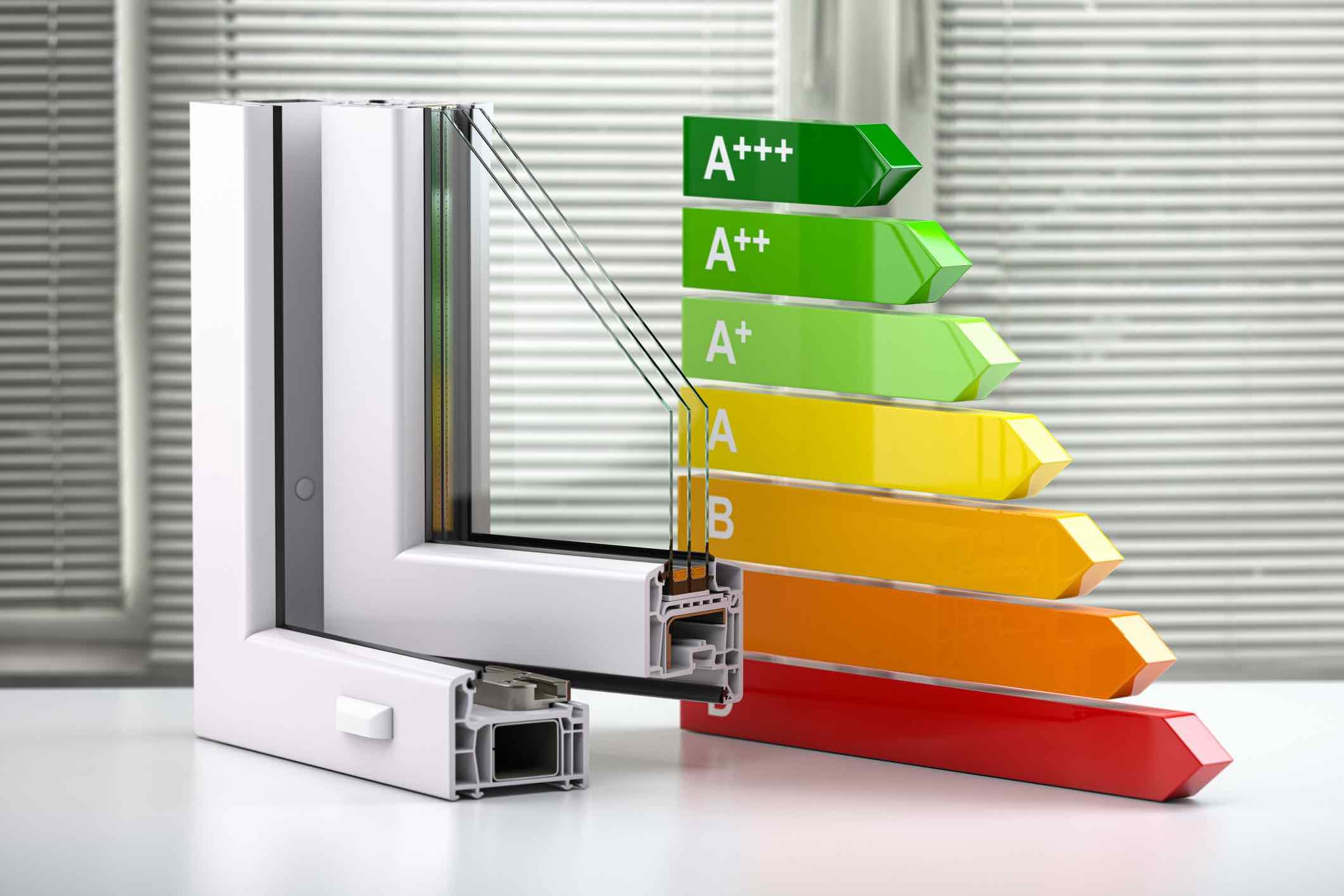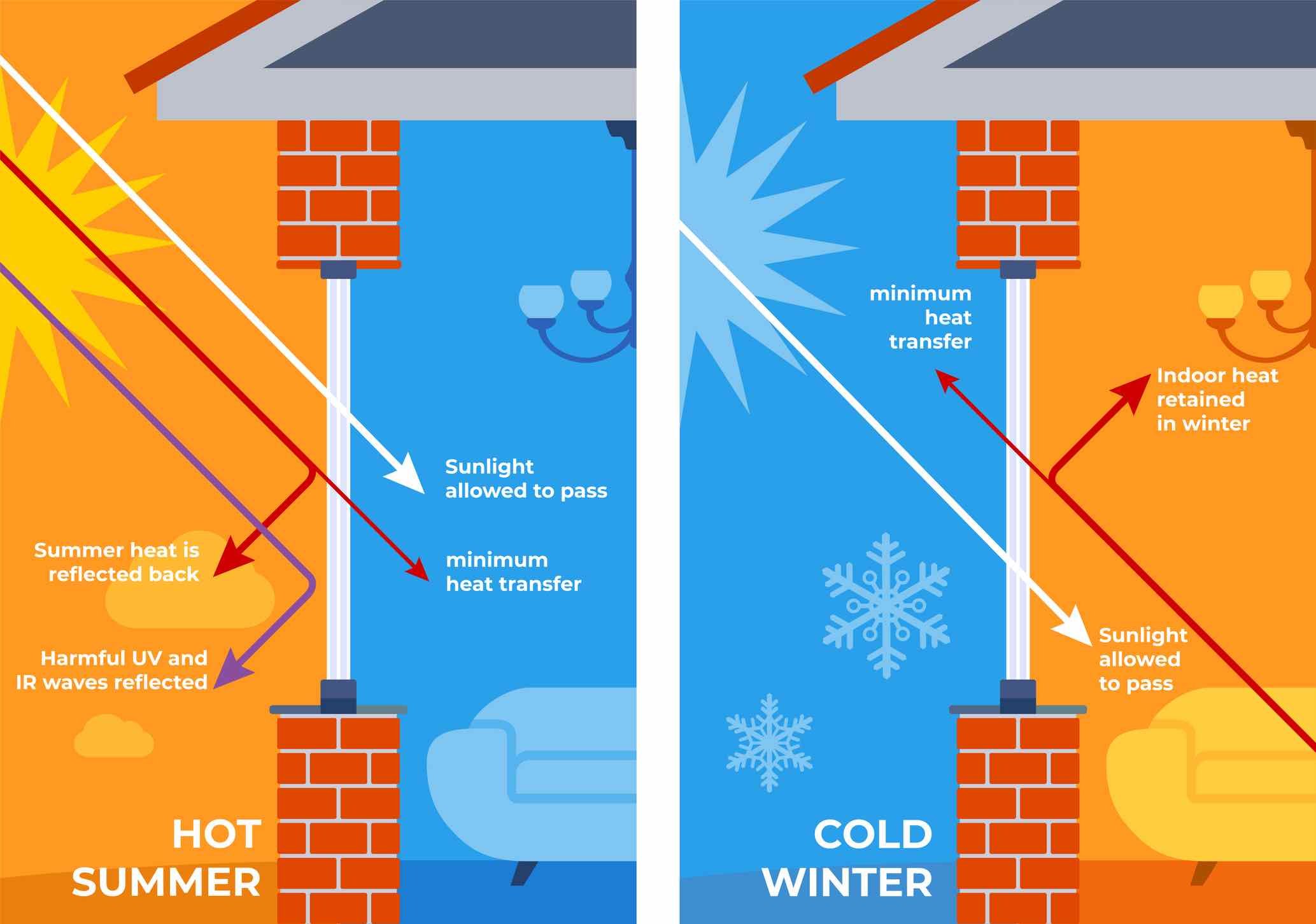Vinyl vs Aluminum Windows: Key Considerations
Switching out your old windows can breathe new life into your home. However, the decision between vinyl vs aluminum windows can be quite daunting due to the plethora of choices available. Both materials have their own unique advantages and disadvantages, and understanding these can help you make an informed choice. This guide will provide a comprehensive breakdown of the differences between vinyl and aluminum windows, covering aspects such as appearance, durability, maintenance, insulation, cost, and environmental impact.
Vinyl vs Aluminum Windows: An Overview
Vinyl windows are crafted from polyvinyl chloride (PVC), the same material used in pipes, trim, and siding. This material is resilient and easy to clean, offering a cost-effective solution that's extremely popular in modern homes. Vinyl windows mimic traditional window frame features and come in a variety of colors and finishes, including wood-like textures.
On the other hand, aluminum windows are lightweight yet robust, making them ideal for larger window installations. They are especially suitable for areas prone to extreme weather conditions. However, aluminum windows tend to be more expensive, prone to scratches, and require more maintenance.
Comparing Aesthetics
When it comes to aesthetics, both vinyl and aluminum windows offer a wide range of styles, colors, and finishes. However, vinyl frames are typically thicker and can mimic traditional window frame features with a modern color twist. They come in various looks, with smooth textures, matte finishes, faux wood-grain designs, and more.
Aluminum windows, on the other hand, are sleeker and more modern in appearance. They are typically thin-framed, making them suitable for contemporary architectural styles. They may not achieve the realistic wood look that vinyl can, but they fit well in specific styles, especially modern or industrial aesthetics.
Durability: Vinyl vs Aluminum
In terms of durability, both vinyl and aluminum windows fare better than traditional wooden windows. However, there are significant differences.
Aluminum windows are stronger and can withstand larger window installations. They are also better suited for areas with extreme weather conditions. On the downside, aluminum is prone to dents and scratches, and the damage is visible since it exposes the raw metal underneath.
Vinyl windows, in contrast, are more resistant to chips and dents. They are less likely to show damage as the material is consistent throughout, making them appear more durable. However, they might not fare as well under extreme heat or cold conditions.
Maintenance: What's Easier to Maintain?
Vinyl windows are virtually maintenance-free when installed properly. They resist most kinds of superficial damage, making them an ideal low-maintenance option.
Aluminum windows, however, require more upkeep. They are prone to condensation, which can lead to rust and mold. Regular cleaning with a specific aluminum cleaner is necessary to prevent these issues. The moving parts also need to be lubricated to prevent wear and tear on the metal mechanisms.
Insulation: Which is More Energy-Efficient?
Insulation is a crucial factor when deciding between vinyl vs aluminum windows. Vinyl windows excel in this department as they minimize heat transfer, thus improving energy efficiency.
Aluminum windows, in contrast, conduct heat, making them less energy-efficient. Some advanced aluminum options come with in-frame insulation or thermal breaks to improve energy efficiency, but these tend to be more expensive.
Cost Considerations
The cost of window replacement largely depends on the material of the window frames. Aluminum window frames typically cost between $400 and $1,200, depending on the size and customizations. On the other hand, vinyl window frames are more affordable, costing around $250 to $600. However, these costs can vary significantly based on factors like the brand, quality, and service provider.
Environmental Impact
When it comes to environmental impact, both vinyl and aluminum windows have their pros and cons. Aluminum windows conduct heat, making your home hold more heat in the summer and causing your HVAC system to work harder. However, aluminum is biodegradable and can be recycled.
Vinyl windows, on the other hand, offer better insulation, reducing heat transfers and helping regulate the internal temperature of your home. This supports your HVAC system and lets in less outdoor temperature. However, it's important to note that while PVC can be recycled, it's not biodegradable.
Pros and Cons
Vinyl Windows
Pros
Lower cost
Better insulation
Easier to maintain
Wide range of styles, sizes, colors, and finishes
Cons
Not as strong as aluminum
Could be affected by extreme temperature changes
Aluminum Windows
Pros
Strong and durable
Ideal for larger window installations
Can withstand extreme weather conditions
Cons
More expensive
Requires more maintenance
Less energy-efficient
Frequently Asked Questions
-
Vinyl window frames can last anywhere from 15 to 20 years. The lifespan of aluminum window frames can extend up to 20 to 25 years.
-
Vinyl windows are generally more affordable than aluminum windows, with the cost of a single vinyl window ranging from $250 to $600, while aluminum windows typically cost between $400 and $1,200.
-
Vinyl windows are more energy-efficient than aluminum windows. They minimize heat transfer, thereby improving energy efficiency.
Final Verdict
Choosing between vinyl vs aluminum windows ultimately depends on your specific needs and preferences. If you're looking for cost-effective, energy-efficient, durable, and low-maintenance windows with a wide variety of styles, sizes, colors, and finishes, vinyl windows would be an excellent choice. However, if you prefer stronger windows that can withstand larger installations and extreme weather conditions, then aluminum windows might be the better option.
Before making a decision, ensure you consult with a professional window installer to get accurate pricing and advice tailored to your specific situation. Remember, the type of window you choose can significantly impact your home's comfort, energy efficiency, and overall appearance.






